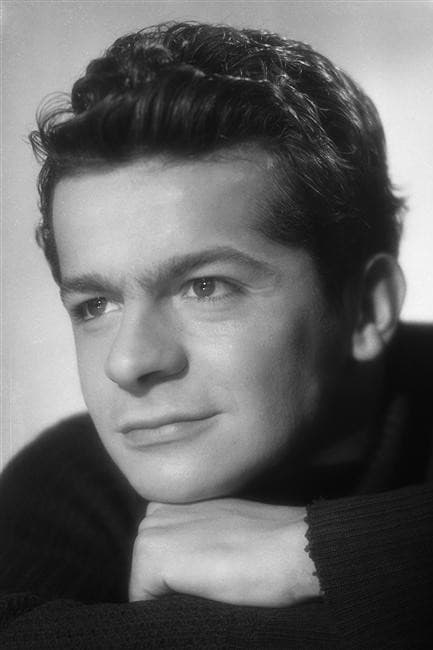

In May 1974, Valéry Giscard d'Estaing became President of the Republic and wanted to bring about a new era of modernity. One of his first decisions was to break up the ORTF with the creation of three new television channels: TF1, Antenne 2 and FR3. Three new public channels but autonomous and competing. It is a race for the audience which is engaged then, and from now on the channels will make the war! This competition will give birth to a real golden age for television programs, with variety shows in the forefront. The stars of the song are going to invade the living rooms of the French for their biggest pleasure. This unedited documentary tells the story of the metamorphosis of this television of the early 1970s, between freedom of tone, scandals, political intrigues and programs that have become mythical.
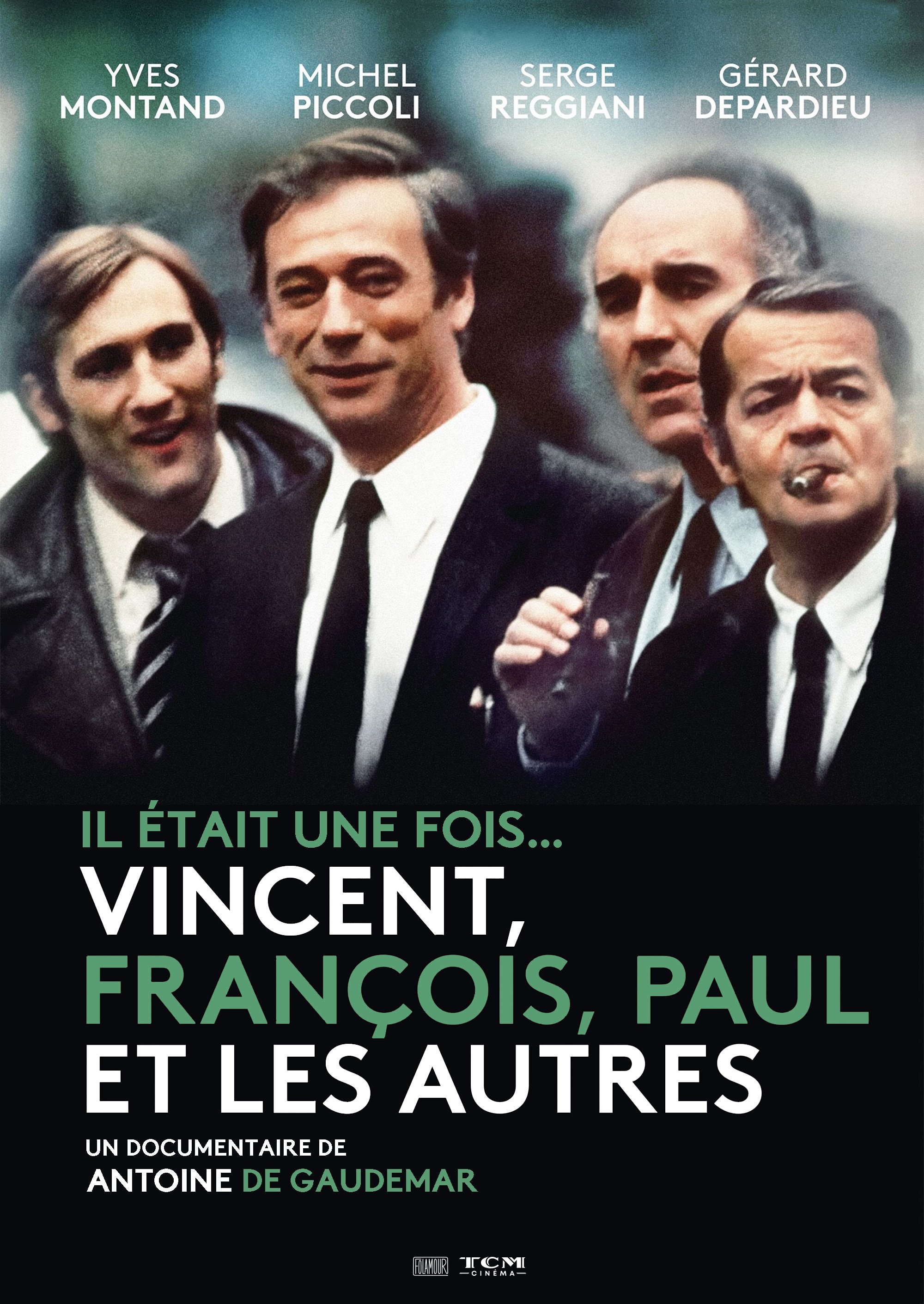
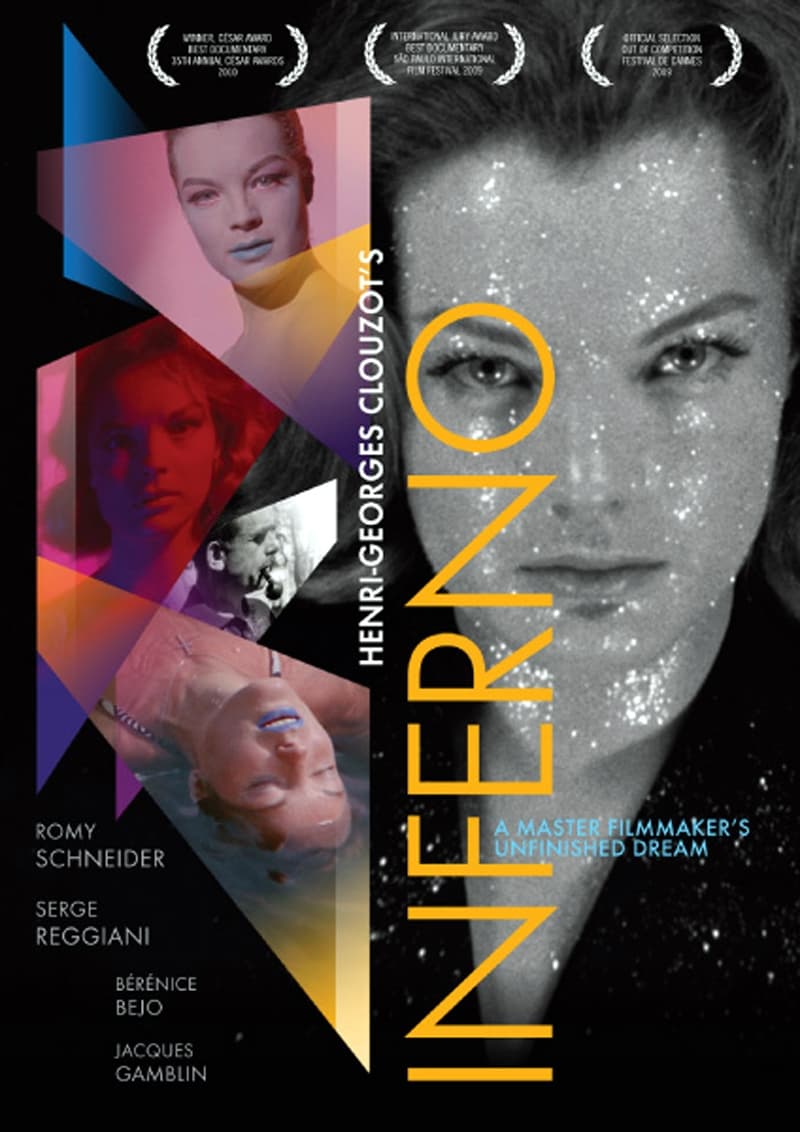
A wonderful documentary that sheds additional light on the fascinating project ‘Inferno’ was, as well as how those who were involved with it reacted to it during the shooting process. A riveting adjunct to the main feature, offering a glut of interviews with various people associated with the production, and presenting quite a bit more production data, as well as some unseen footage from Clouzot's shoot.
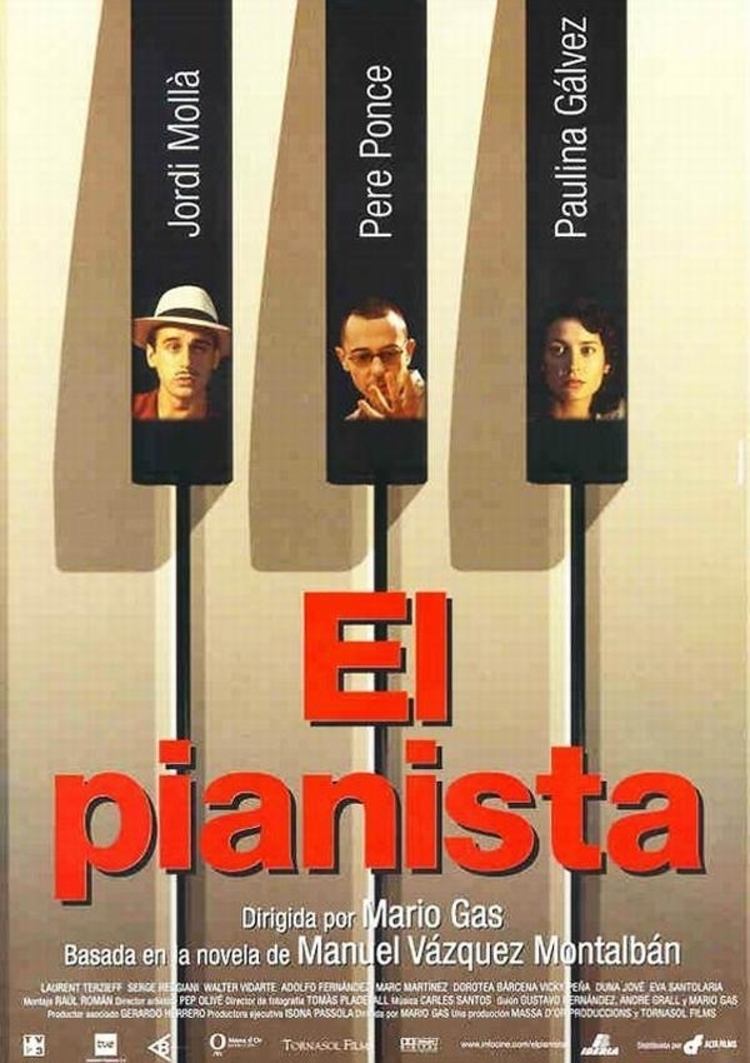
Mario Gas directed this music-themed Spanish drama set in Barcelona of the mid-'80s. When famed composer Lluis Doria (Laurent Terzieff) visits a transvestite club, he learns his lifelong friend Albert Rossell (Serge Reggiani) is the house pianist. A flashback takes the tale four decades into the past where the younger Rossell (Pere Ponce) rejoins Teresa (Paulina Galvez) after having spent years in prison for helping anti-Franco anarchists. The story continues into Paris of the '30s, the period when Doria and Rossell first met, sharing a mutual interest in music and Teresa, before civil war sent them in different directions.
The ex-gymnast and survival artist Emil falls in love with the prostitute Lissy. Through her he meets some criminals whom he can help thanks to his gymnastic skills. But on his rise in the criminal hierarchy, Lissy might fall by the wayside.
Actor and singer on the decline, Sergio, alcoholic, goes adrift. His son, Simon, undertakes to make a film with and on him, to try to bring him back to life, "by force with others"
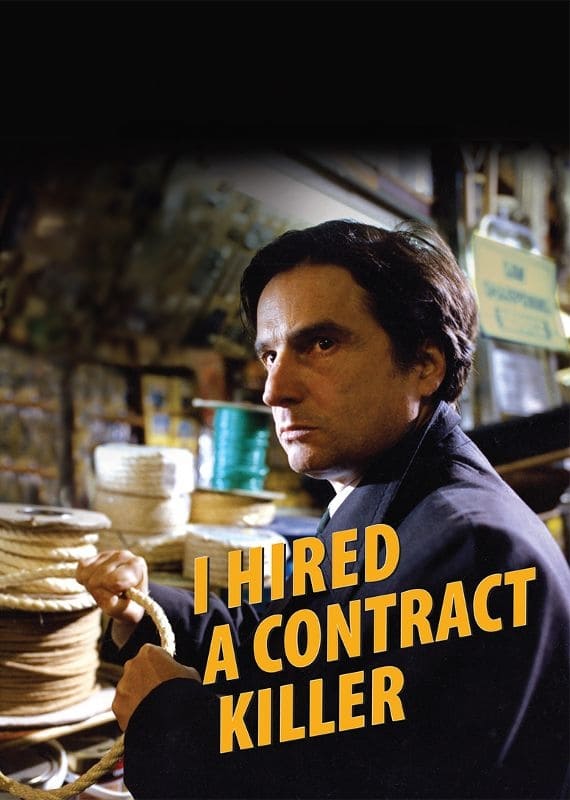
After losing his job and realizing that he is alone in the world, a businessman opts to voluntarily end his life. Lacking courage, he hires a contract killer to do the job. Then, while awaiting his demise, he meets a woman and promptly falls in love.
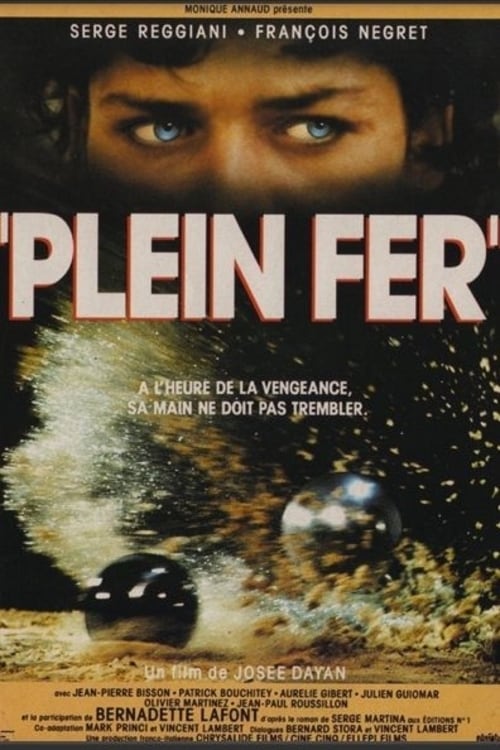
The Italians have bocce ball, and the French have a similar game, boules. This is played (generally in the southern part of the country) with steel balls on a packed-earth court. While these games have a bucolic, countrified and even genteel air about them, competition and betting are fierce. In this sports/crime thriller, a young man whose father was killed for violating the unspoken roles of the game in professional competition trains with his grandfather to become a champion boules player just like his father.
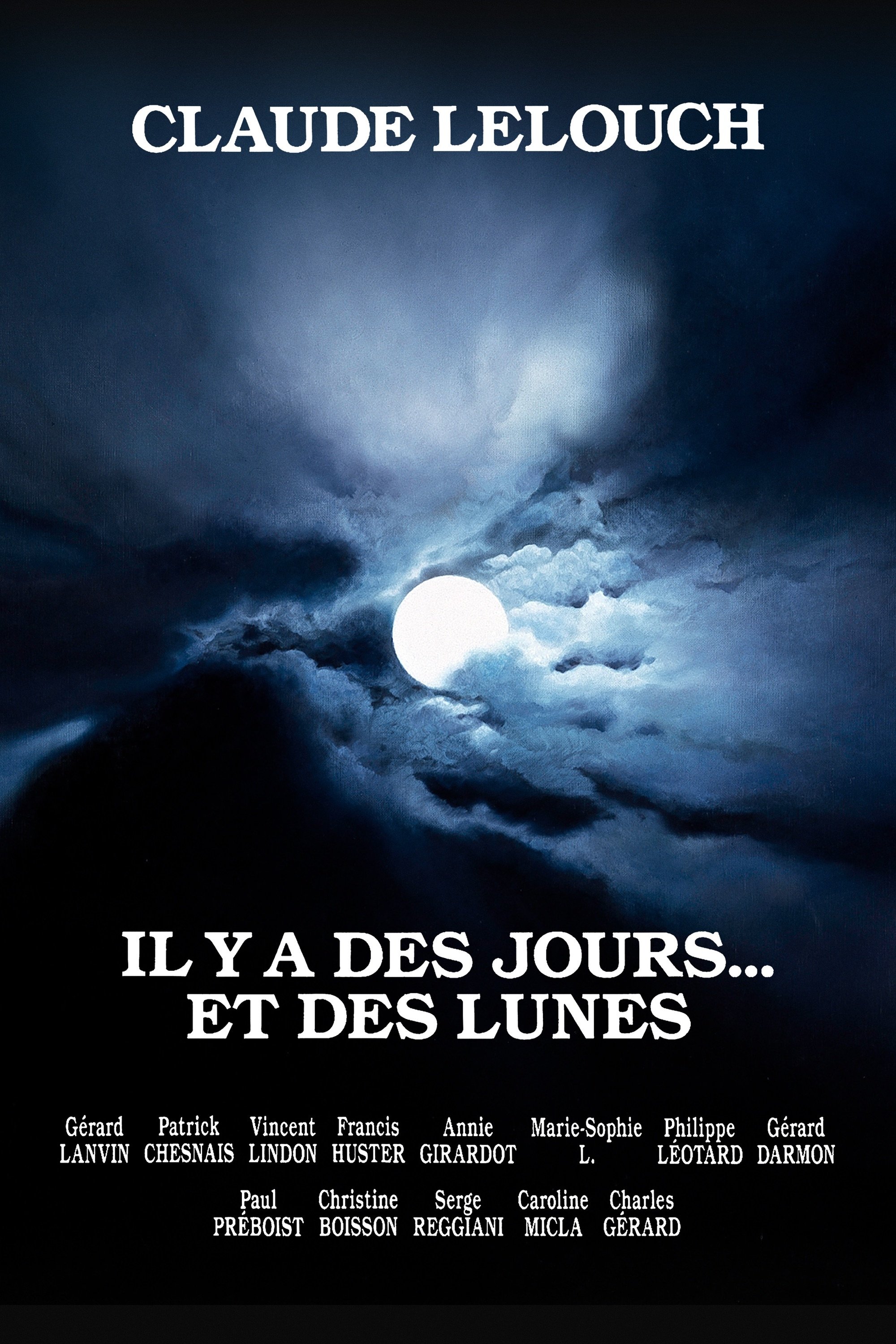
How can moon and time affect human mood and fate? In the manner of a Greek tragedy , this movie shows how the chaos of life ineluctably propels its characters towards violence and alienation.
An old cowherd from Haute-Savoie who continues to raise his animals, according to the old methods, falls in love with a young shepherdess.
Serge Reggiani (2 May 1922 – 23 July 2004) was an Italian-born French singer and actor. He was born in Reggio Emilia, Italy and moved to France with his parents at the age of eight. For many years, he struggled with alcoholism, caused in part by the 1980 suicide of his son Stephan. After acting school (Conservatoire des arts cinématographiques) he was discovered by Jean Cocteau and appeared in a wartime production of Les Parents terribles ("The Terrible Parents"). During World War II, he left Paris to join the French resistance. His first feature film came in 1946 with his role in Les portes de la nuit ("The Doors of the Night"). He later went on to perform in 80 films including Casque d'or, Les Misérables (1958),Tutti a casa, Le Doulos, Il Gattopardo, La terrazza, The Pianist (1998). In spite of never quite reaching the peak with his acting career, he did triumph in the theatre in 1959 with his performance in Jean-Paul Sartre’s play Les Séquestrés d'Altona. In the meantime, though, in 1965 he began a second career, that of a singer (at the age of 43), with the help of Simone Signoret and her husband Yves Montand and later with great assistance of the French diva Barbara. Reggiani became one of the most acclaimed performers of French "Chanson" ("song") and although he was in his 40s, his bad-boy rugged image made him popular with both young and older listeners. His best known songs include Les loups sont entrés dans Paris ("The Wolves Have Entered Paris") and Sarah (La femme qui est dans mon lit) ("The Woman Who Is In My Bed"), the latter written by Georges Moustaki. However, one of his regular songwriters throughout his career was Boris Vian (Le Déserteur, Arthur où t'as mis le corps, La Java des bombes atomiques). His new young fans identified with his left-wing ideals and antimilitarism, most notably during the 1968 student revolts in France. With age he became more and more acclaimed as one of the best interpreters of the French chanson also bringing the poetry of Rimbaud, Apollinaire and Prévert closer to his audience. In 1995, he made a comeback to the singing stage, giving a few concerts despite his deteriorated health and personal distress, the last one being held as late as in the year of his death, in spring of 2004. In later life he became a painter and gave a number of exhibitions of his artwork. Serge Reggiani died in Paris of a heart attack at the age of 82, one day after the death of another well known French singer Sacha Distel. He is interred in Montparnasse Cemetery.
By browsing this website, you accept our cookies policy.